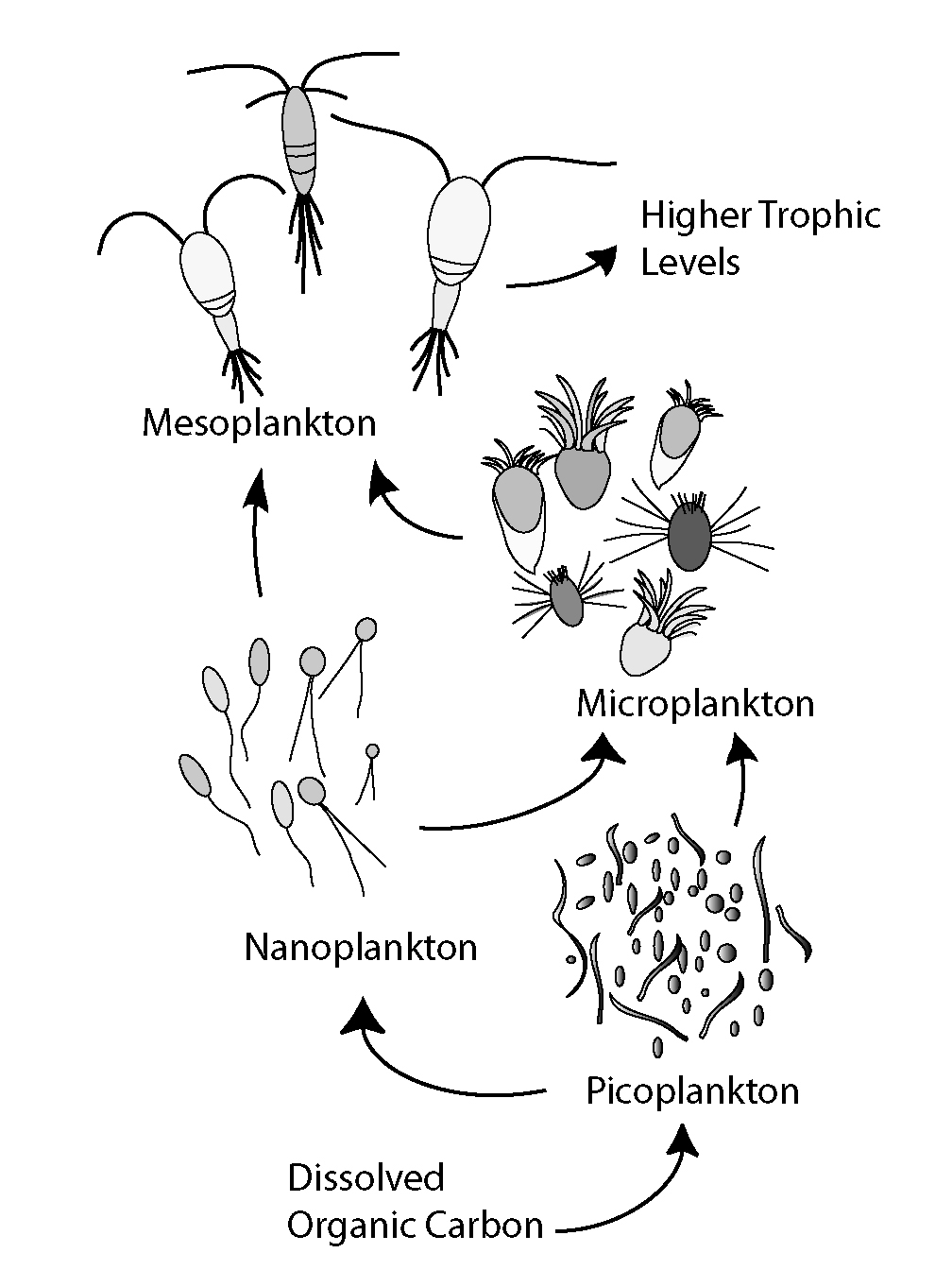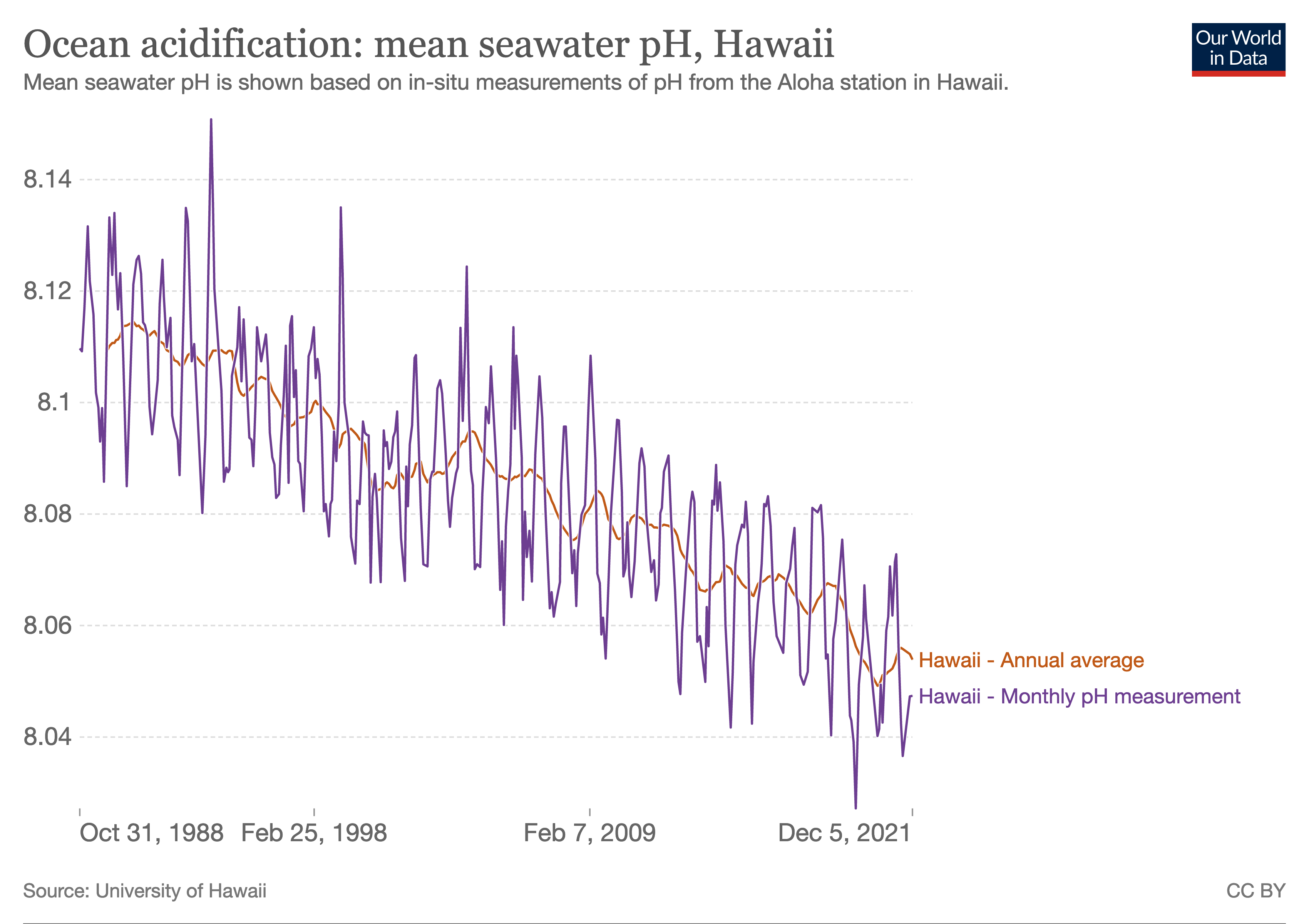|
Tron Frede Thingstad
Tron Frede Thingstad (born 1946) is a Norwegian scientist. Professor Thingstad is leading a research group on marine microbiology at the Department of Biology, University of Bergen. His work has facilitated understanding the role of microbes in marine ecosystems, including the microbial loop. In 2009, Thingstad was awarded the prestigious ERC Advanced Investigators Grant to the project "MINOS" (MIcrobial Network OrganiSation), which is focused on microbial networks in the ocean. In 2010, Thingstad received the "Prize for Outstanding Research" of the Norwegian Research Council (informally known as the "Møbius Prize"). According to the jury, his research "has contributed to deeper understanding of topics within marine microbiology, biodiversity, climate research, and ocean acidification". He is also a member of the Norwegian Academy of Science and Letters The Norwegian Academy of Science and Letters ( no, Det Norske Videnskaps-Akademi, DNVA) is a learned society based in Oslo, N ... [...More Info...] [...Related Items...] OR: [Wikipedia] [Google] [Baidu] |
Norwegian People
Norwegians ( no, nordmenn) are a North Germanic ethnic group and nation native to Norway, where they form the vast majority of the population. They share a common culture and speak the Norwegian language. Norwegians are descended from the Norse of the Early Middle Ages who formed a unified Kingdom of Norway in the 9th century. During the Viking Age, Norwegians and other Norse peoples conquered, settled and ruled parts of the British Isles, the Faroe Islands, Iceland and Greenland. Norwegians are closely related to other North Germanic peoples and descendants of the Norsemen such as Danes, Swedes, Icelanders and the Faroe Islanders, as well as groups such as the Scots whose nation they significantly settled and left a lasting impact in. The Norwegian language is part of the larger Scandinavian dialect continuum of generally mutually intelligible languages in Scandinavia. Norwegian people and their descendants are found in migrant communities worldwide, notably in the ... [...More Info...] [...Related Items...] OR: [Wikipedia] [Google] [Baidu] |
Scientist
A scientist is a person who conducts scientific research to advance knowledge in an area of the natural sciences. In classical antiquity, there was no real ancient analog of a modern scientist. Instead, philosophers engaged in the philosophical study of nature called natural philosophy, a precursor of natural science. Though Thales (circa 624-545 BC) was arguably the first scientist for describing how cosmic events may be seen as natural, not necessarily caused by gods,Frank N. Magill''The Ancient World: Dictionary of World Biography'', Volume 1 Routledge, 2003 it was not until the 19th century that the term ''scientist'' came into regular use after it was coined by the theologian, philosopher, and historian of science William Whewell in 1833. In modern times, many scientists have advanced degrees in an area of science and pursue careers in various sectors of the economy such as academia, industry, government, and nonprofit environments.'''' History The roles ... [...More Info...] [...Related Items...] OR: [Wikipedia] [Google] [Baidu] |
University Of Bergen
The University of Bergen ( no, Universitetet i Bergen, ) is a research-intensive state university located in Bergen, Norway. As of 2019, the university has over 4,000 employees and 18,000 students. It was established by an act of parliament in 1946 based on several older scientific institutions dating back to 1825, and is Norway's second oldest university. It is considered one of Norway's four "established universities" and has faculties and programmes in all the fields of a classical university including fields that are traditionally reserved by law for established universities, including medicine and law. It is also one of Norway's leading universities in many natural sciences, including marine research and climate research. It is consistently ranked in the top one percentage among the world's universities, usually among the best 200 universities and among the best 10 or 50 universities worldwide in some fields such as earth and marine sciences. It is part of the Coimbra Group ... [...More Info...] [...Related Items...] OR: [Wikipedia] [Google] [Baidu] |
Microbial Loop
The microbial loop describes a trophic pathway where, in aquatic systems, dissolved organic carbon (DOC) is returned to higher trophic levels via its incorporation into bacterial biomass, and then coupled with the classic food chain formed by phytoplankton-zooplankton- nekton. In soil systems, the microbial loop refers to soil carbon. The term microbial loop was coined by Farooq Azam, Tom Fenchel et al. in 1983 to include the role played by bacteria in the carbon and nutrient cycles of the marine environment. In general, dissolved organic carbon (DOC) is introduced into the ocean environment from bacterial lysis, the leakage or exudation of fixed carbon from phytoplankton (e.g., mucilaginous exopolymer from diatoms), sudden cell senescence, sloppy feeding by zooplankton, the excretion of waste products by aquatic animals, or the breakdown or dissolution of organic particles from terrestrial plants and soils. Bacteria in the microbial loop decompose this particulate detritus ... [...More Info...] [...Related Items...] OR: [Wikipedia] [Google] [Baidu] |
European Research Council
The European Research Council (ERC) is a public body for funding of scientific and technological research conducted within the European Union (EU). Established by the European Commission in 2007, the ERC is composed of an independent Scientific Council, its governing body consisting of distinguished researchers, and an Executive Agency, in charge of the implementation. It forms part of the framework programme of the union dedicated to research and innovation, Horizon 2020, preceded by the Seventh Research Framework Programme (FP7). The ERC budget is over €13 billion from 2014 – 2020 and comes from the Horizon 2020 programme, a part of the European Union's budget. Under Horizon 2020 it is estimated that around 7,000 ERC grantees will be funded and 42,000 team members supported, including 11,000 doctoral students and almost 16,000 post-doctoral researchers. Researchers from any field can compete for the grants that support pioneering projects. The ERC competitions are open ... [...More Info...] [...Related Items...] OR: [Wikipedia] [Google] [Baidu] |
Ocean Acidification
Ocean acidification is the reduction in the pH value of the Earth’s ocean. Between 1751 and 2021, the average pH value of the ocean surface has decreased from approximately 8.25 to 8.14. The root cause of ocean acidification is carbon dioxide emissions from human activities which have led to atmospheric carbon dioxide (CO2) levels of more than 410 ppm (in 2020). The oceans absorb CO2 from the atmosphere. This leads to the formation of carbonic acid (H2CO3) which dissociates into a bicarbonate ion () and a hydrogen ion (H+). The free hydrogen ions (H+) decrease the pH of the ocean, therefore increasing acidity (this does not mean that seawater is acidic yet; it is still alkaline, with a pH higher than 8). A decrease in pH corresponds to a decrease in the concentration of carbonate ions, which are the main building block for calcium carbonate (CaCO3) shells and skeletons. Marine calcifying organisms, like mollusks, oysters and corals, are particularly affected by this ... [...More Info...] [...Related Items...] OR: [Wikipedia] [Google] [Baidu] |
Norwegian Academy Of Science And Letters
The Norwegian Academy of Science and Letters ( no, Det Norske Videnskaps-Akademi, DNVA) is a learned society based in Oslo, Norway. Its purpose is to support the advancement of science and scholarship in Norway. History The Royal Frederick University in Christiania was established in 1811. The idea of a learned society in Christiania surfaced for the first time in 1841. The city of Trondhjem had no university, but had a learned society, the Royal Norwegian Society of Sciences and Letters, established in 1760. The purpose of a learned society in Christiania was to support scientific studies and aid publication of academic papers. The idea of the Humboldt-inspired university, where independent research stood strong, had taken over for the instrumental view of a university as a means to produce civil servants. The city already had societies for specific professions, for instance the Norwegian Medical Society which was founded in 1833. However, these societies were open for both a ... [...More Info...] [...Related Items...] OR: [Wikipedia] [Google] [Baidu] |
1946 Births
Events January * January 6 - The first general election ever in Vietnam is held. * January 7 – The Allies recognize the Austrian republic with its 1937 borders, and divide the country into four occupation zones. * January 10 ** The first meeting of the United Nations is held, at Methodist Central Hall Westminster in London. ** ''Project Diana'' bounces radar waves off the Moon, measuring the exact distance between the Earth and the Moon, and proves that communication is possible between Earth and outer space, effectively opening the Space Age. * January 11 - Enver Hoxha declares the People's Republic of Albania, with himself as prime minister. * January 16 – Charles de Gaulle resigns as head of the French provisional government. * January 17 - The United Nations Security Council holds its first session, at Church House, Westminster in London. * January 19 ** The Bell XS-1 is test flown for the first time (unpowered), with Bell's chief test pilot Jack Woolams at the c ... [...More Info...] [...Related Items...] OR: [Wikipedia] [Google] [Baidu] |
Living People
Related categories * :Year of birth missing (living people) / :Year of birth unknown * :Date of birth missing (living people) / :Date of birth unknown * :Place of birth missing (living people) / :Place of birth unknown * :Year of death missing / :Year of death unknown * :Date of death missing / :Date of death unknown * :Place of death missing / :Place of death unknown * :Missing middle or first names See also * :Dead people * :Template:L, which generates this category or death years, and birth year and sort keys. : {{DEFAULTSORT:Living people 21st-century people People by status ... [...More Info...] [...Related Items...] OR: [Wikipedia] [Google] [Baidu] |
Norwegian Microbiologists
Norwegian, Norwayan, or Norsk may refer to: *Something of, from, or related to Norway, a country in northwestern Europe *Norwegians, both a nation and an ethnic group native to Norway *Demographics of Norway *The Norwegian language, including the two official written forms: **Bokmål, literally "book language", used by 85–90% of the population of Norway **Nynorsk, literally "New Norwegian", used by 10–15% of the population of Norway *The Norwegian Sea Norwegian or may also refer to: Norwegian *Norwegian Air Shuttle, an airline, trading as Norwegian **Norwegian Long Haul, a defunct subsidiary of Norwegian Air Shuttle, flying long-haul flights *Norwegian Air Lines, a former airline, merged with Scandinavian Airlines in 1951 *Norwegian coupling, used for narrow-gauge railways *Norwegian Cruise Line, a cruise line *Norwegian Elkhound, a canine breed. *Norwegian Forest cat, a domestic feline breed *Norwegian Red, a breed of dairy cattle *Norwegian Township, Schuylkill County, ... [...More Info...] [...Related Items...] OR: [Wikipedia] [Google] [Baidu] |
Academic Staff Of The University Of Bergen
An academy (Attic Greek: Ἀκαδήμεια; Koine Greek Ἀκαδημία) is an institution of secondary education, secondary or tertiary education, tertiary higher education, higher learning (and generally also research or honorary membership). The name traces back to Plato's school of philosophy, founded approximately 385 BC at Akademia, a sanctuary of Athena, the goddess of wisdom and Skills, skill, north of Ancient Athens, Athens, Greece. Etymology The word comes from the ''Academy'' in ancient Greece, which derives from the Athenian hero, ''Akademos''. Outside the city walls of Athens, the Gymnasium (ancient Greece), gymnasium was made famous by Plato as a center of learning. The sacred space, dedicated to the goddess of wisdom, Athena, had formerly been an olive Grove (nature), grove, hence the expression "the groves of Academe". In these gardens, the philosopher Plato conversed with followers. Plato developed his sessions into a method of teaching philosophy and in 3 ... [...More Info...] [...Related Items...] OR: [Wikipedia] [Google] [Baidu] |






